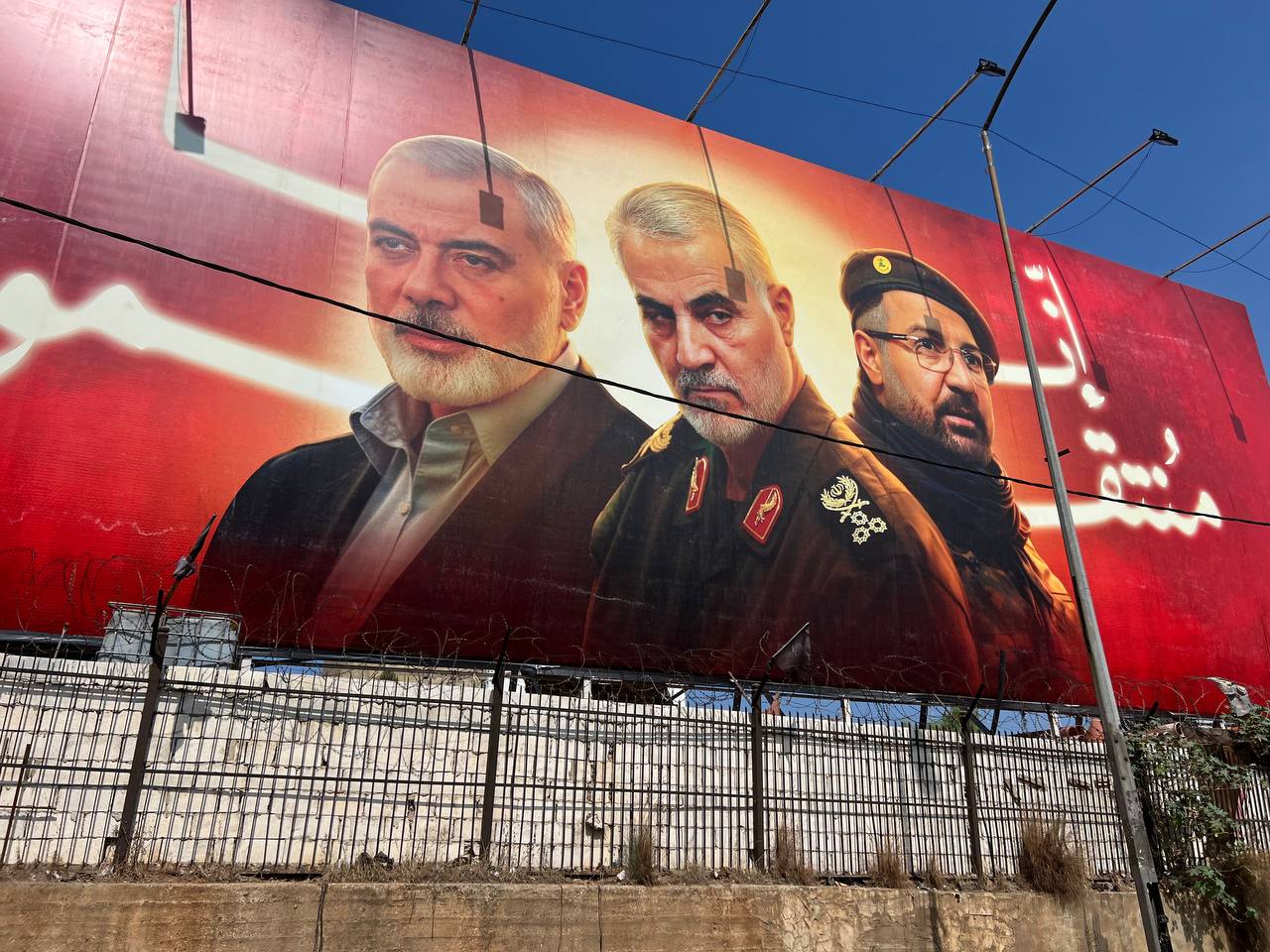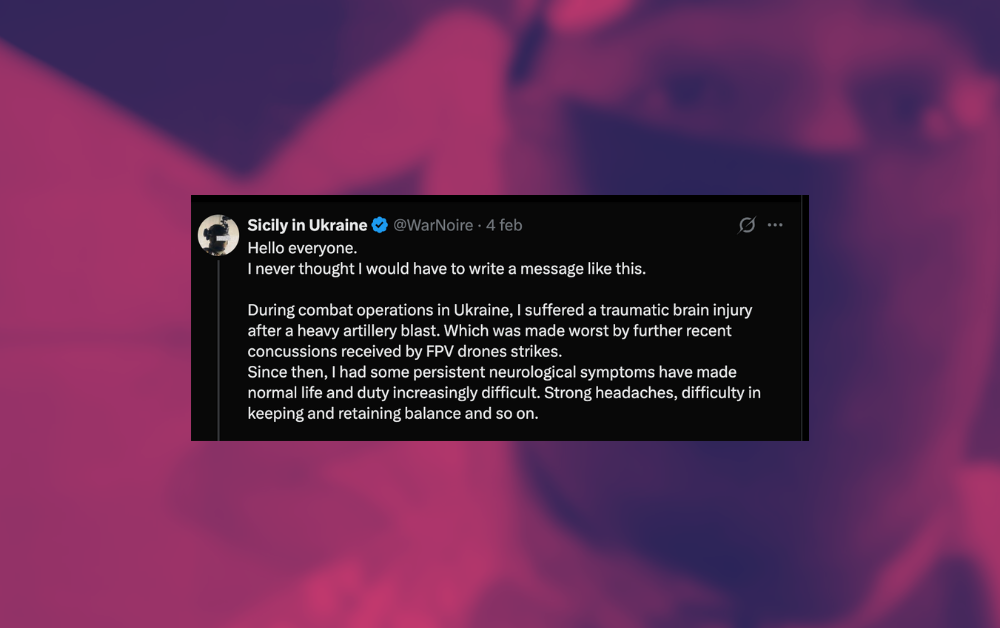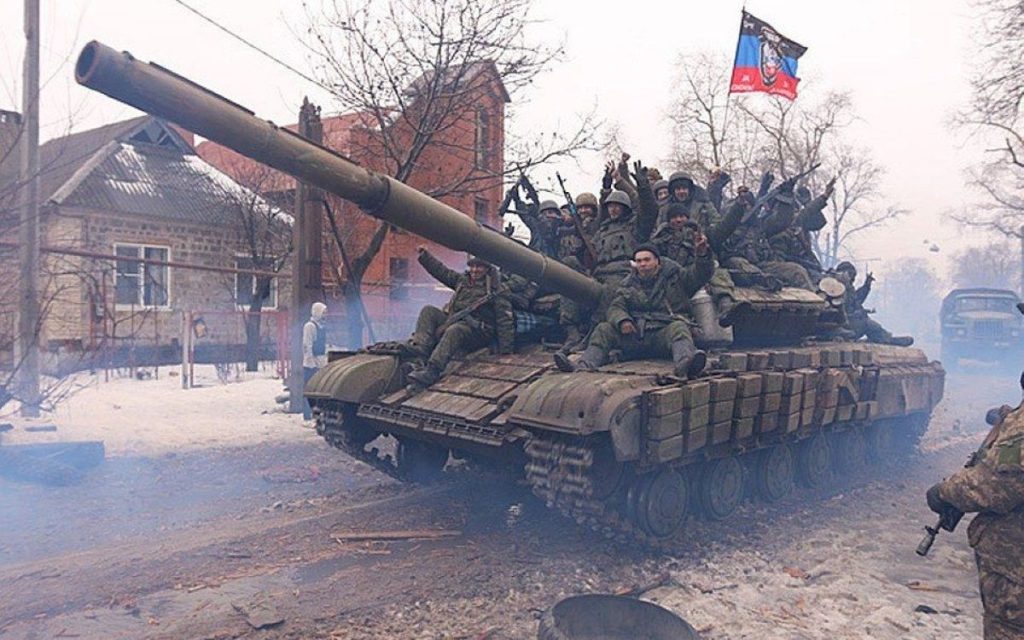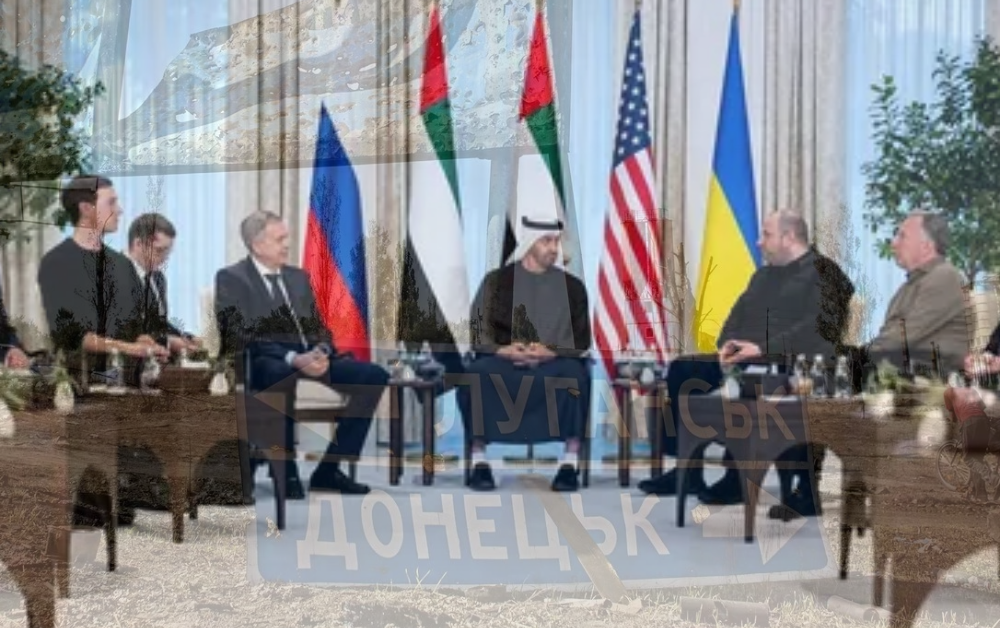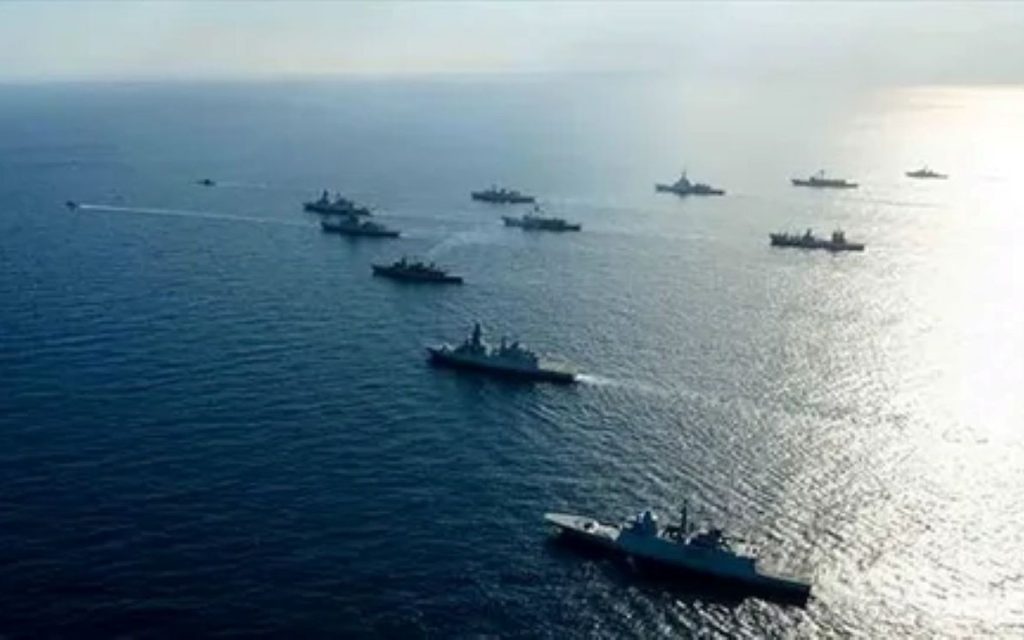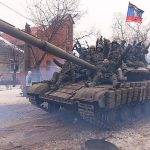Since October 2023, when I first traveled to Lebanon, the country has been living in a tense and oppressive atmosphere, as if war was just around the corner, ready to erupt at any moment. Everywhere I went, the topic was always the same: the threat of conflict with Israel, which many considered inevitable. In those months, between October and November, solidarity with Palestine was palpable, almost tangible in the air of Beirut and other cities across the country. Every day, groups of young people took to the streets to protest against the Israeli attack on Gaza, loudly demanding an end to the hostilities and the liberation of the Palestinian people.
Lebanon, already fragile and hit by a devastating economic crisis, seemed to be living in a sort of limbo, torn between support for the Palestinian cause and the awareness that war could soon engulf the country. Tensions in southern Lebanon, near the Blue Line that separates the country from Israel, were constantly present. Relations between Hezbollah, the main political and military force in southern Lebanon, and Israel were strained, with continuous exchanges of threats and provocations.
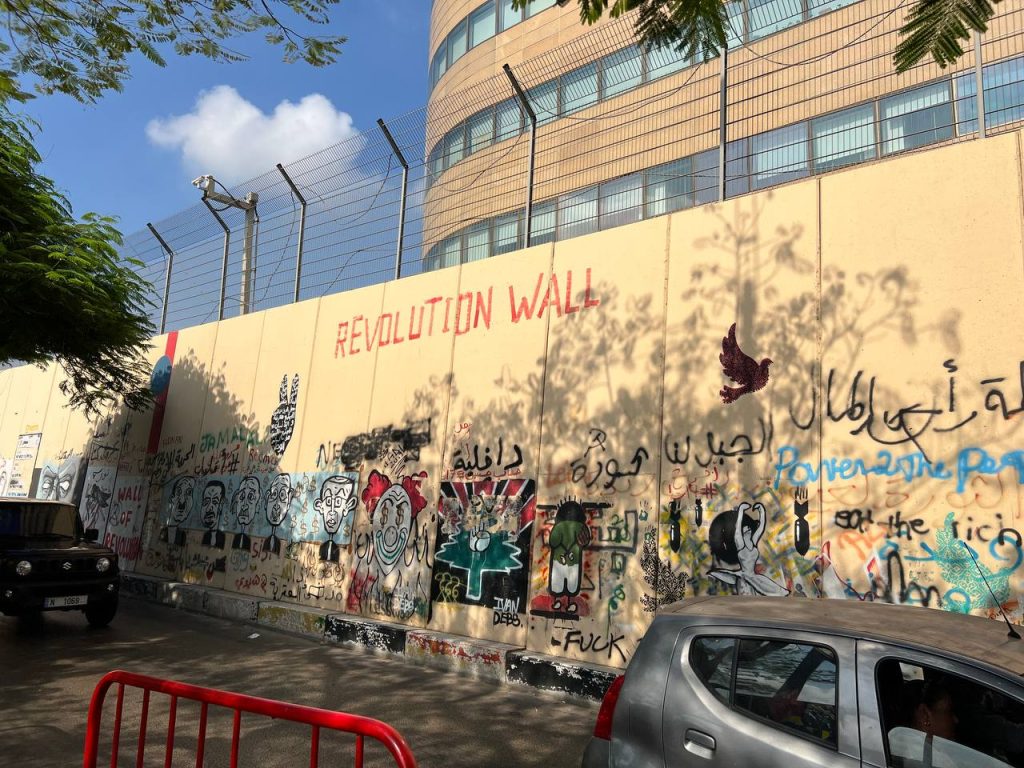
When I returned to Beirut in August 2024, I found a situation that, if possible, seemed even more tense. The population still expected war, a war that many considered inevitable. Hezbollah, which effectively controls southern Lebanon, had been preparing for months for an eventual conflict. Sources close to the Shiite group had told me that Hezbollah would never retreat in the face of an Israeli invasion; on the contrary, they would respond with force. “Israel will have a hard time entering Lebanese territory,” a contact close to the movement told me. It was clear that if the conflict started, it would be bloody and difficult for both sides.
Despite the tensions and provocations, Lebanon seemed to be living in a strange, apparent calm. Beirut, with its vibrant energy and resilience, continued to pulse with life. But beneath the surface, one could sense the unease of a people who knew that war could break out at any moment. It was only a matter of time.
This weekend, the wait turned into reality. The Israeli army launched an offensive against Lebanon, describing it as a “limited ground operation” aimed at neutralizing Hezbollah positions in the south of the country. However, despite Israeli rhetoric, the impact of the attack has been devastating from the very first days. Thousands of Lebanese civilians have already died, struck by airstrikes and heavy artillery. Southern cities, including Tyre and Nabatieh, have been severely damaged, while thousands of people have been forced to flee their homes.
The Lebanese government, powerless in the face of Israel’s military might, denounced the attack as a violation of national sovereignty and called for international intervention. However, international responses have so far been limited, with many Western powers offering only mild condemnation, while others reaffirmed Israel’s right to defend itself.
As expected, Hezbollah was quick to respond to the attack. The group’s forces launched a series of strikes against Israeli positions along the Blue Line and declared that they would not allow Israel to reoccupy southern Lebanon. Hezbollah leader Hassan Nasrallah, who was later killed by Israel in a bombing on Beirut, had stated clearly: “Hezbollah will not retreat. We will defend every inch of our territory.”
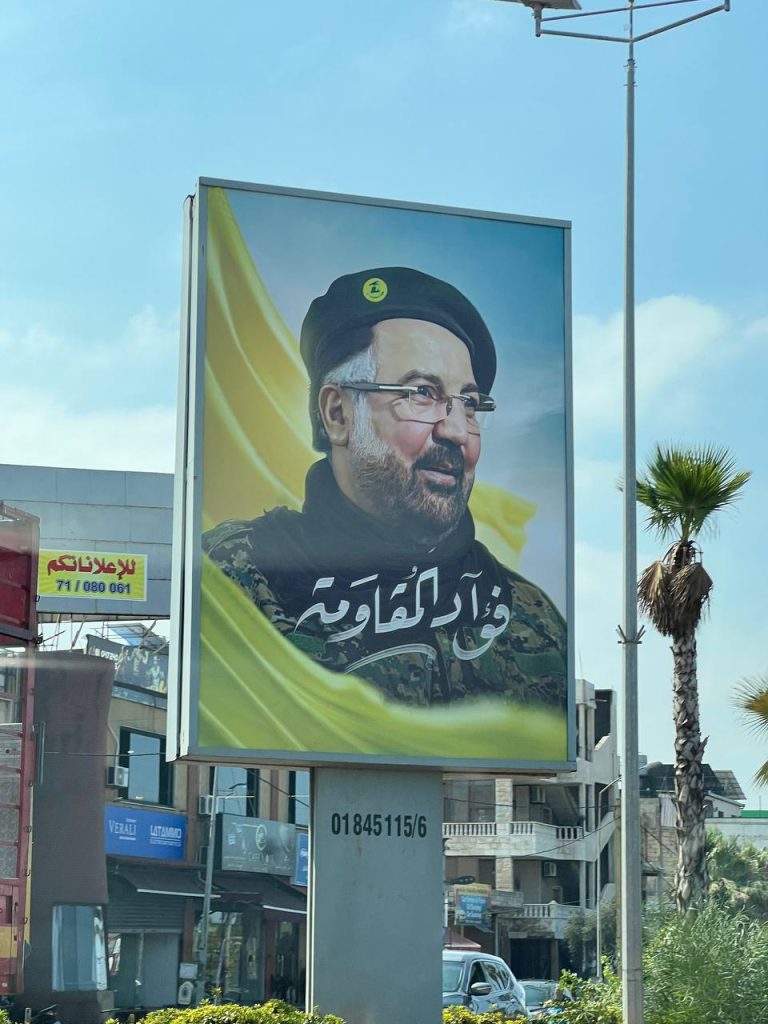
The organization mobilized thousands of fighters and began using the network of tunnels and bunkers built over the years in the south of the country to strike Israeli forces. However, despite Hezbollah’s strength, the human cost of this conflict is proving to be incredibly high, especially for civilians.
In this context, the UNIFIL mission, the United Nations Interim Force in Lebanon, found itself paralyzed. The peacekeeping forces, tasked with patrolling the Blue Line and preventing escalation, were ordered not to leave their bases due to the danger of the situation. This effectively paralyzed their ability to operate and prevent further clashes. The withdrawal of UNIFIL troops from patrolling the border area left a vacuum that allowed Israeli forces and Hezbollah to intensify their confrontations.
The current situation in Lebanon is dire, offering little hope for a quick resolution. The Israeli attack, though described as “limited,” has already caused a massive humanitarian crisis, with thousands displaced and a death toll that continues to rise. The Lebanese population, already worn down by years of economic and political crises, is now facing yet another devastating conflict.
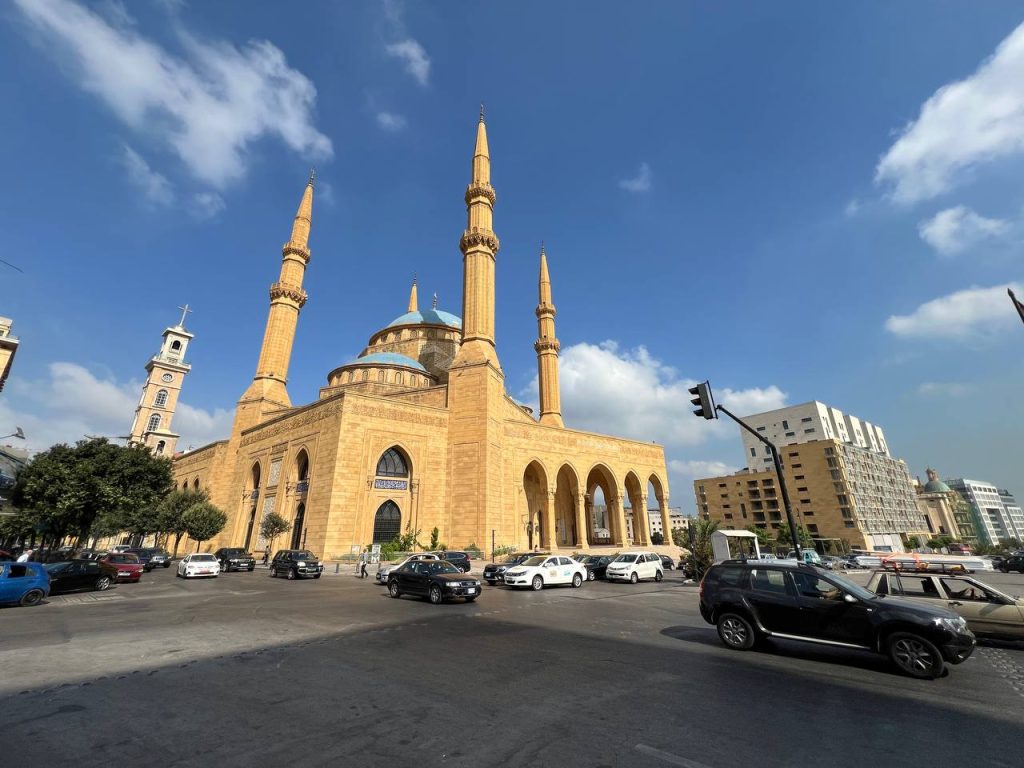
For many, this war represents the inevitable outcome of years of unresolved tensions between Lebanon and Israel and the presence of Hezbollah as a dominant military and political actor in the country. However, what remains certain is that, as always, civilians will pay the highest price.
As the international community searches for a way to halt the escalation, Lebanon is entering a new phase of instability and violence. The war that everyone feared for months is now a reality, and the future appears more uncertain than ever.

